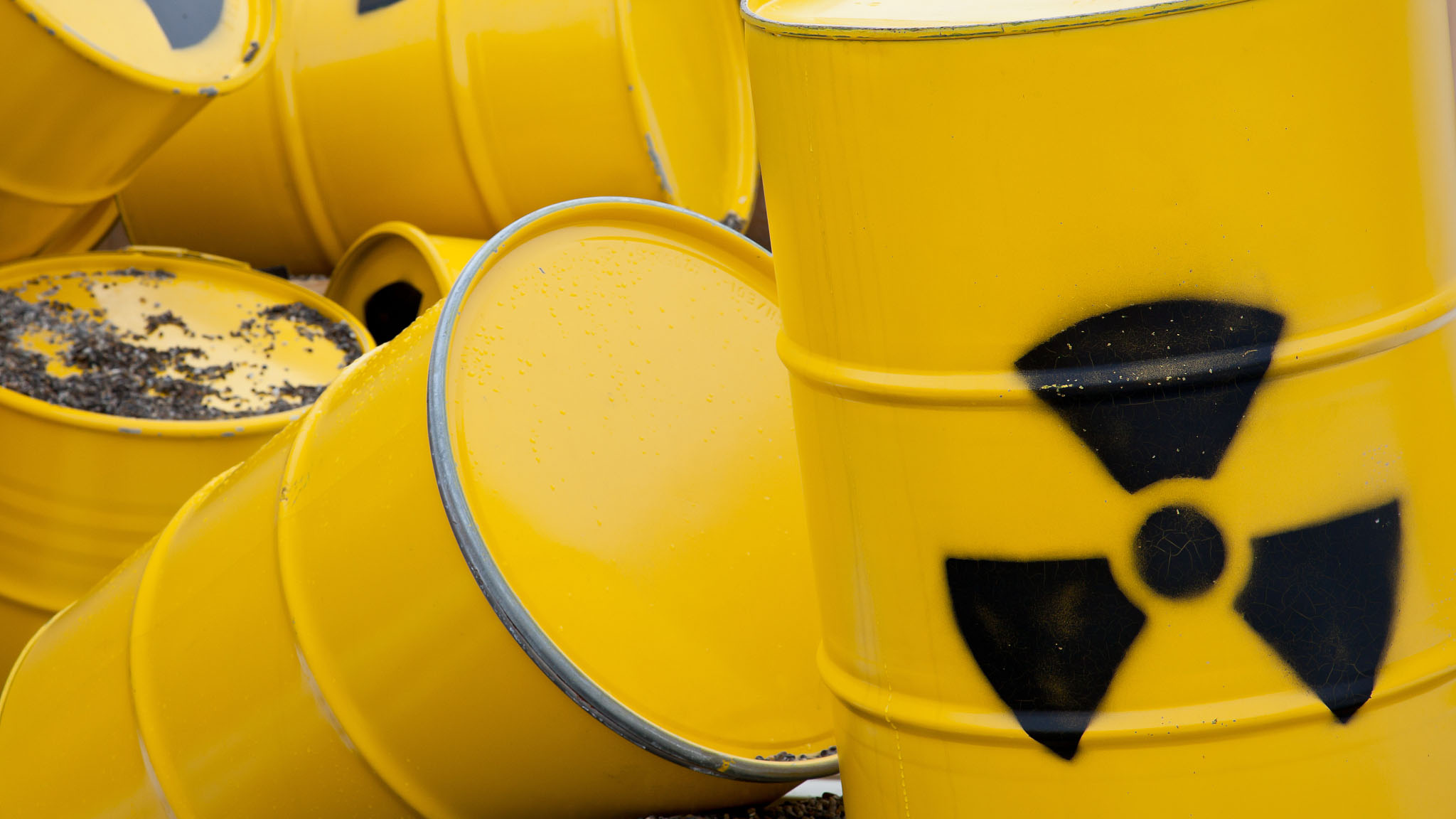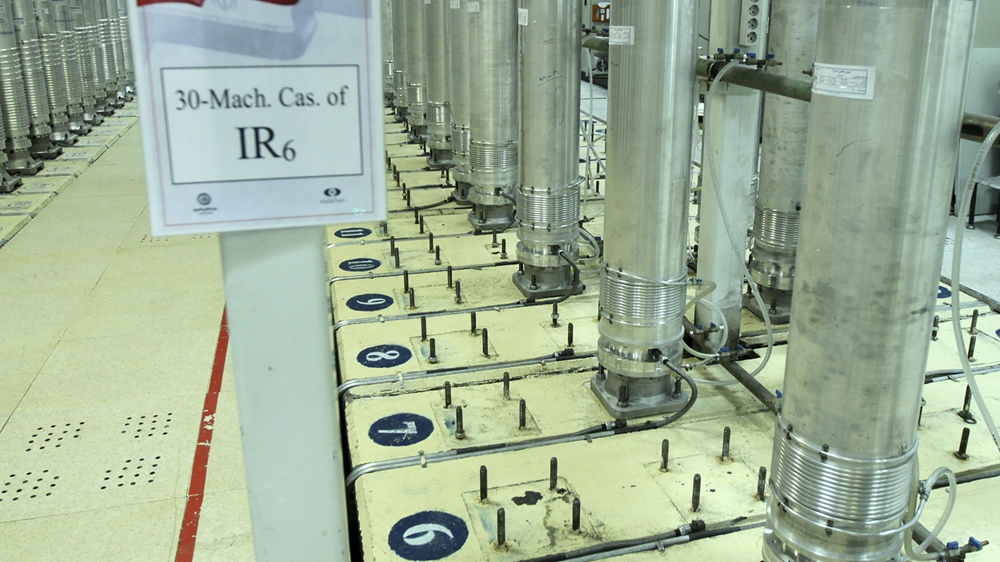Iran's Foreign Minister Mohammad Javad Zarif said on Thursday that if the U.S. and Europe honor their unique commitments, Iran will absolutely comply with a 2015 deal aimed at preventing it from developing nuclear weapons.
U.S. President Donald Trump quit the pact in 2018, saying it did not do enough to curb Iran's nuclear and ballistic missile programs or its militant influence in the Middle East. However, President-elect Joe Biden has said he will rejoin it if Tehran first resumes strict compliance. He has also said he would work with allies "to strengthen and extend it."
Addressing a Rome convention via video-link, Zarif said the Joint Comprehensive Plan of Action (JCPOA) could not be renegotiated but it could be resurrected.
"The United States has commitments. It is not in a position to set conditions," he said.
02:04

Uranium-enriched law can be reversed
Iran's Guardian Council of Constitution, the highest legislative body of the country, approved a law on Wednesday that obliges the government to halt UN inspections of its nuclear sites and step up uranium enrichment beyond the limit set under the 2015 deal if sanctions are not eased within two months.
But Iranian President Hassan Rouhani feared the new law on the Iran nuclear deal will harm diplomatic efforts.
Zarif said that although the government did not like the law, it would nonetheless implement it. But he added that it is not irreversible. "The Europeans and USA can come back into compliance with the JCPOA and not only this law will not be implemented, but in fact, the actions we have taken will be rescinded. We will go back to full compliance."
Zarif condemned the Trump administration's economic sanctions, which had cost Iranians $250 billion and taken a heavy toll on his country as it is impossible to buy medicines and vaccines to combat the coronavirus.
He also pointed out that Europeans did not do what they promised as he said: "We don't see any European companies in Iran, we do not see any European country buying oil from Iran."

This photo, released on November 5, 2019 by the Atomic Energy Organization of Iran, shows centrifuge machines in the Natanz uranium enrichment facility in central Iran. /AP
This photo, released on November 5, 2019 by the Atomic Energy Organization of Iran, shows centrifuge machines in the Natanz uranium enrichment facility in central Iran. /AP
A possible deal with the Biden administration?
Also on Thursday, Elliott Abrams, Washington's special representative on Iran and Venezuela, said that Iran is unlikely to retaliate over the assassination of its top nuclear scientist before the inauguration of Joe Biden in case it jeopardized any future sanctions relief.
Given Iran is in desperate need of sanctions relief from the United States, "they know that they're going to need to enter some kind of negotiation after January 20, and it's got to be in their minds that they don't want to undertake any activities between now and January 20 that make sanctions relief harder to get," said Abram.
An entity and an individual were hit in the latest Iran-related sanction announced by the United States on Thursday.
Abram said he expected a negotiation to take place with Iran next year and that he believes a deal will be struck under the Biden administration.
(Cover: Iran's Foreign Minister Mohammad Javad Zarif speaks during a news conference in Tehran, August 5, 2019. /Reuters)
(With input from agencies)

